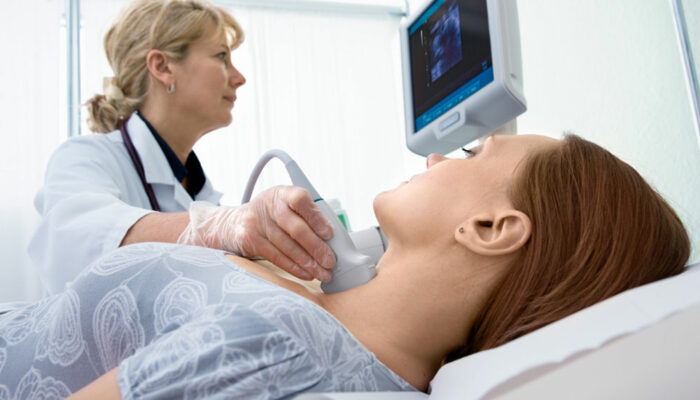
The symptoms of colon cancer
The colon is a part of the gastrointestinal (GI) tract or digestive system. It is more commonly known as the large intestine.
Each organ in the GI tract has its role cut out. The esophagus sends the food to the stomach. After digestion in the stomach, the nutrients are distributed to the body from the small intestine, and from there the leftovers reach the colon. The colon has to absorb the water from the waste material and send the remaining solids as a fecal matter to the rectum. The colon also needs to hydrate. The juices and enzymes necessary for this entire digestion process are produced by pancreas, liver, and gallbladder. Involuntary muscular movements pass the food from one organ to the other through the digestion process and it takes about 36 hours to complete.
The colon is about 5 feet long. It is a long curved, hollow tube that is in the abdominal cavity. It is connected with the small intestine on one side and the rectum on the other. The four parts of the colon are – ascending colon, transverse colon, descending colon, and sigmoid colon.
If the colon is unable to function properly it sends many signals like a pain in the abdomen and disturbance in the bowel movements causing constipation or diarrhea, bleeding, unexplained loss of weight, and fever.
A colon can be affected by many diseases, like Chron’s Disease, Ulcerative Colitis, Diverticulosis, Diverticulitis, Colon polyps, and Colon cancer. The colon works non-stop. Disruption in this process by way of any inflammation, infection, contamination, new growth can lead to sickness.
One of the more serious conditions that can affect a colon is cancer. Colorectal cancer is one of the most common causes of cancer-related fatalities in the country. The other types of colon cancer that can affect people are Adenocarcinoma, Lymphoma, Carcinoid tumor, Turcot Syndrome, Familial Colorectal Cancer, and Juvenile Polyposis Coli.
Early stages of colon cancer and polyps that could develop into cancer do not manifest any symptoms. Some of the most common symptoms of colon cancer are:
- Blood in fecal matter, rectal bleeding, or dark stools
- Bleeding from the anus
- Abdominal pain
- Constipation or diarrhea and very narrow stools that last for some days
- Lack of hunger
- Vomiting
- Unexplained weight loss and fatigue
- Yellowing of eyes and skin
In many cases, cancer does not show symptoms until it has grown or spread. Polyps are a small group of cells that are formed on the lining of the rectum and because they are small, they too do not reveal any symptoms.
If screening tests are done when the symptoms are just beginning to appear, it can prevent polyps from developing into cancer. Adults above the age of 50 with one or more of the above symptoms should consult their doctor.
Persons with a history of colon cancer in the family carry a higher risk and hence they should undergo medical checkups at regular periods. Detection of cancer at an earlier stage improves the chance of early cure too.



